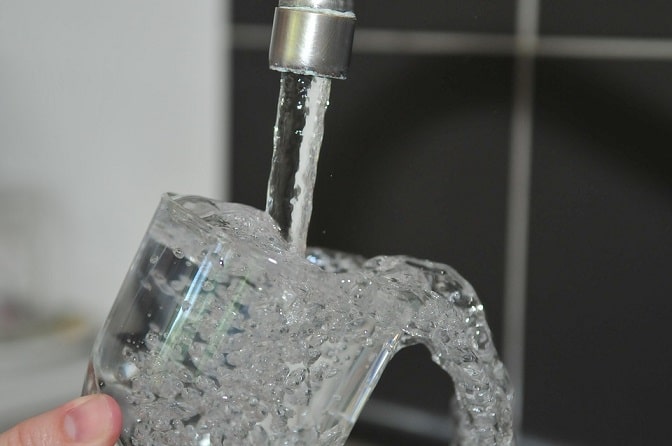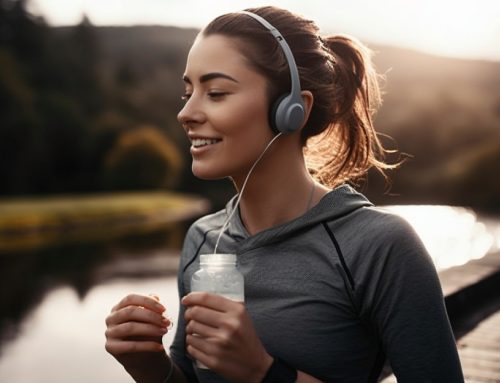Every so often you hear about all the different stories regarding tap water on islands and in countries. Sometimes it’s positive, and other times not.
Since visiting countries all around the world have always posed some sort of risk when it comes to drinking water, it is something that particularly needs to be paid attention too when planning a trip abroad. One of the most common conditions travelers have experienced getting on their journey, is a gastrointestinal infection, also known as traveler’s diarrhea, which is caused by viruses, bacteria, protozoa, and a variety of toxins that occurs usually because of poor hand hygiene.
The Quality of Drinking Water When Travelling
Drinking tap water in Tonga may vary from region to region. Water quality is generally affected by a lack of proper water storage, agricultural run-off, human and animal waste in water, poor sanitation infrastructure, chemical pollutants, old and worn out pipes or treatment systems, as well as any events related to the weather, including flooding.
The slightest changes in the composition of water can cause some severe traveler’s diarrhea, which is why, unless you’re certain that tap water is adequate for consumption in any country abroad, you should rather purchase and consume bottled water.
Preventing the Chance of Getting Water-Borne Illnesses
- Tap Water – Boiling your water has always been known as one of the most common ways to prevent water-borne illnesses. If you’re only left with tap water, be sure to boil it before consuming it.
- Treated Water – Water that has been treated, may have undergone disinfecting methods, including filtration, chemical disinfection, and ultraviolet lighting, which is why it may also be necessary to boil treated water.
- Bottled Water – Bottled water is considered one of the best options when traveling, as all bottled water must be screened and pass government safety and quality standards.
Get bottled water coolers and mains water coolers and Living-Water in London.






